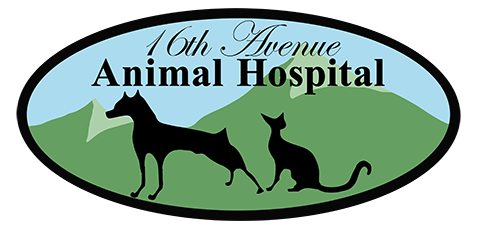Giardia is an intestinal infection with the protozoan parasite “Giardia”. This infection can occur in most domestic and wild animals as well as birds. This infection occurs worldwide and can also be common in humans.
Giardia has a fairly simple life cycle. They inhabit the lumen of the small intestine where they attach, absorb nutrients and multiply. During infection, they will then move down the intestine, surrounding the small or large intestine. The prepatent period is likely 3-10 days.
The cysts are immediately infectious once they are passed in the feces. Shedding of the cysts can be continual over several days or weeks but is often intermittent especially during the chronic phase of infection. In an infected stage, the cyst is able to survive for several weeks or months in a cool, damp environment.
During severe cases of diarrhea, trophozoites (active protozoa) that may be passed in feces, do not survive in the environment for long periods of time. Transmission occurs when a pet ingests feces from an infected host or environment by direct contact.
Giardia infections vary between and within animal groups. Giardia infection in cats and dogs can present without clinical signs and is diagnosed by annual fecal checks, however, it may be associated and picked up with a chronic diarrhea case resulting in a trip to your veterinarian.
Feces are usually soft and poorly formed, pale, and mucousy.
